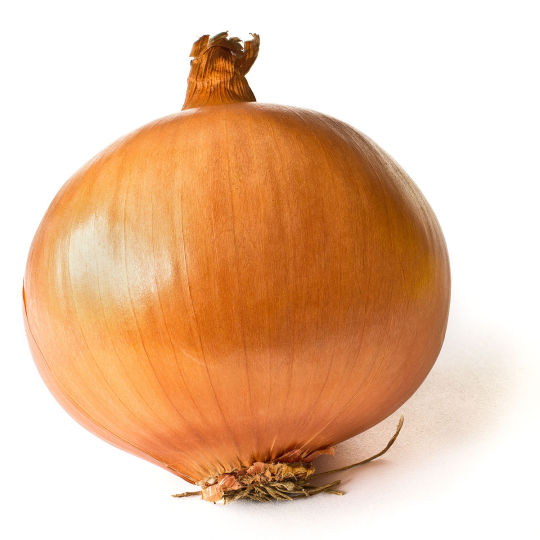#and also ship of theseus is a tasty thought experiment when applied to human identity
Note
Tell me about your onions.

here's an onion. i'm so funny.
ahem.
ok real talk though i've been doing a couple brief dives into the reincarnation aspect of buddhism/hinduism, which haven't been super applicable to COTL so far. which is a shame, bc it has such an interesting take on rebirth and resurrection within the nature of religion.
in COTL, death is seen as semi-permanent and a boon. lamb uses it to their advantage via the nature of game protagonists being able to restart from a save point when they died. the ritual of resurrection is groundbreaking for followers, and i headcanon that the ritual of rebirth is the main reason why TOWW got imprisoned. it is very much a loaded gun in the COTL world.
but buddhism treats rebirth as not only a nature of living, but something that needs to be escaped from. literally something that one must fight to be unshackled from, to break past samsara and reach ascension via nirvana. it's such an interesting viewpoint to consider and explore, especially bc my interpretation of lamb has them never being willing to become this resurrecting figure in the first place. as much as the red crown has been a boon for them, it's also acted as a bind. they will always have both their mortal and godly vices.
in both hinduism and buddhism there are multiple schools of thought that tackle the continuuity of resurrection, aka "what is carried over when one is reborn?"
now suppose narinder did not carry everything he had as TOWW to his mortal form. what is lost, and what is gained?
if i were to adapt samsara into my cotl fics i'd focus less on actual death and more on metaphorical ones. which, ok bear with me here, is a huge part of my personal philosophy.
humans are not static; we grow and develop, and in doing so we shed prior versions of ourselves like metamorphosis. a sort of ego death lite, if you will. when faced with a traumatic event, the person you once were is not the same as the person you are now. that is the kind of metaphorical death i'm talking about; the death of a former self.
but what exactly marks the new self and the old self? nothing, theoretically. we can make the boundary as low or as high as we want.
consider the ship of theseus: if a huge portion of my body is replaced every 7 years, can i definitely say i am who i was 7 years ago? what part of identity and self stays constant, when my personality's changed drastically? am i a stranger with the memories of someone else?
now narrow the boundary. if the self is physically static, then every time a cell dies, the self dies.
using that technical definition, technically i die and am reborn every single second. a metaphorical death and a metaphorical rebirth, and what gets carried over?
something something life and death are two sides of the coin of change.
that's why i kinda keep emphasizing lamb's impostor syndrome crisis about themselves dying in both soul and body during the execution. that's why i divide narinder's life into such stark epochs (mortal, bishop, imprisoned, mortal again). that's why i love treating their afterlife not as a continuity of their character development, but a second chance. ship of theseus, broken down and rebuilt anew.
it's not nirvana. but it's making the best out of your own personal samsara.
and just. there's something so poetic about narinder and lamb reincarnating as gods of death, because the only way to die repeatedly is to live again after each one. a taste of permanence in the impermanent, without ever reaching that finality that they embody as gods. they represent the very thing they are and aren't. it's a paradox that makes perfect sense the moment you remove the black-and-white boundary of life/death that dictates they must be opposites.
and this is what i love exploring. breaking down the barriers of identity and death in the metaphysical sense, in two characters who are defined by so much loss in their lives. (metaphorical) death, treated as redemption, treated as healing.
lamb, offering a hand up to a newly reborn narinder. i died, i got up, and i live.
#my asks#for the record i am very firmly an atheist#i just find studying religious beliefs very fun and very interesting as an expression of the human condition#and also ship of theseus is a tasty thought experiment when applied to human identity#am i a bit cuckoo? absolutely.#:)#long post#long ass fuckin post that i don't expect anybody to read. if you did congrats you get to hear one of my core motivations for narilamb
30 notes
·
View notes